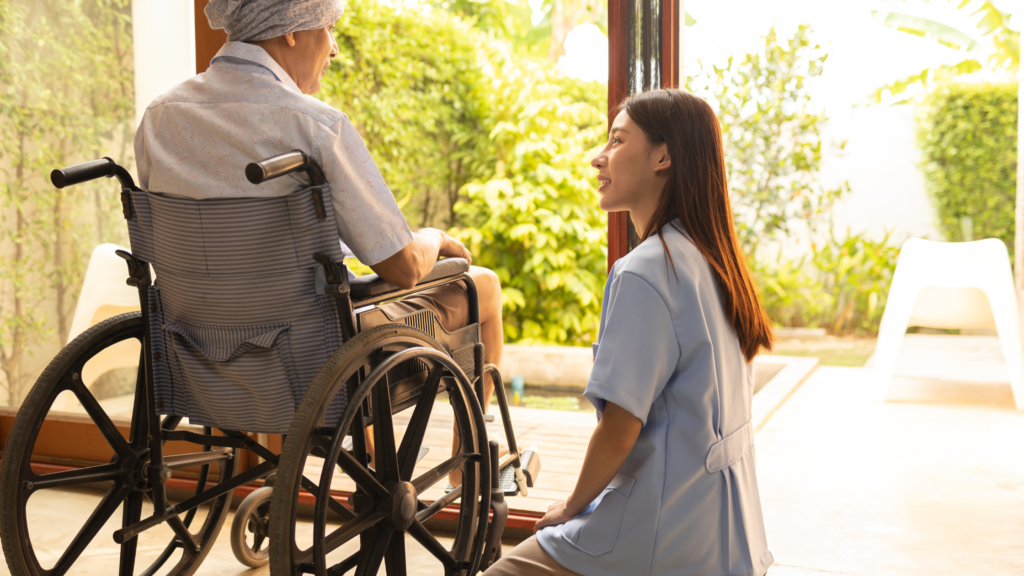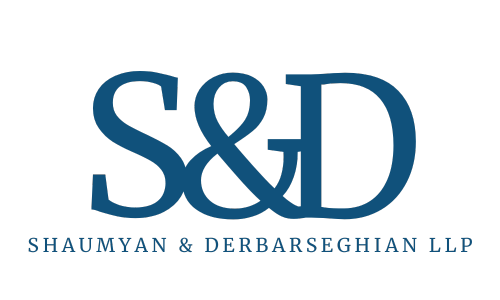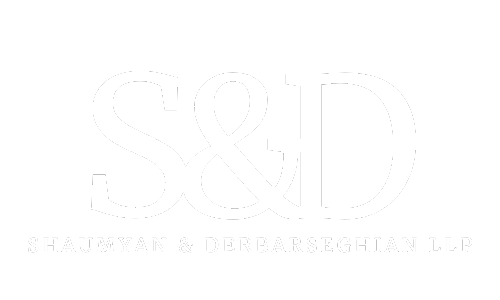
Elder abuse is a serious issue that affects millions of older adults each year. It can take many forms, including physical, emotional, sexual, and financial abuse, as well as neglect. As our population ages, awareness and understanding of elder abuse become increasingly important for safeguarding the rights and well-being of our elderly loved ones.
In this blog, we will explore the various types of elder abuse, the signs to watch for, the legal protections available, and the steps you can take if you suspect elder abuse is occurring. Our aim is to provide you with the information you need to recognize and combat this troubling phenomenon.
What is Elder Abuse?
Elder abuse is any intentional or negligent act that causes harm to an older adult. According to the National Center on Elder Abuse (NCEA), it can occur in various settings, including the victim’s home, nursing homes, assisted living facilities, and other long-term care environments.
Elder abuse is not just an isolated incident; it is a widespread problem that can have devastating consequences for victims. Understanding the different types of elder abuse is crucial for identifying and preventing it.
Types of Elder Abuse
- Physical Abuse
Physical abuse involves the use of force against an elderly individual, which can result in bodily injury, physical pain, or impairment. Examples include hitting, slapping, pushing, or using physical restraints.
Signs to Watch For:- Unexplained bruises, cuts, or fractures
- Signs of restraint (such as rope marks)
- Frequent hospital visits or emergency room visits
- Emotional or Psychological Abuse
Emotional abuse can include verbal assaults, threats, humiliation, or other forms of intimidation that result in psychological distress for the victim.
Signs to Watch For:- Withdrawal from social activities or sudden changes in mood
- Fearfulness or anxiety when interacting with certain individuals
- Changes in sleeping or eating patterns
- Sexual Abuse
Sexual abuse involves non-consensual sexual contact of any kind with an older adult. This can include unwanted touching, sexual assault, or coercion.
Signs to Watch For:- Bruising around the genital area or breasts
- Unexplained sexually transmitted infections (STIs)
- Emotional distress or fear related to specific individuals
- Financial Abuse or Exploitation
Financial abuse occurs when someone illegally or improperly uses an older person’s funds, property, or assets. This can involve stealing money, cashing checks without permission, or coercing the elder into signing documents.
Signs to Watch For:- Unexplained withdrawals from bank accounts or missing valuables
- Sudden changes in financial situations, like a lack of funds for necessary expenses
- Unusual changes in wills or powers of attorney
- Neglect
Neglect occurs when a caregiver fails to provide necessary care, leading to harm or distress. This can include not providing adequate food, shelter, medical care, or hygiene.
Signs to Watch For:- Poor personal hygiene or unkempt appearance
- Malnutrition or dehydration
- Untreated medical conditions or lack of necessary medications
Who are the Perpetrators?
Elder abuse can be perpetrated by various individuals, including:
- Family members
- Professional caregivers or nursing home staff
- Friends or acquaintances
- Strangers who take advantage of vulnerable seniors
Recognizing the Signs of Elder Abuse
Recognizing the signs of elder abuse is crucial for prevention and intervention. If you suspect that an elderly loved one is being abused, pay attention to their physical, emotional, and financial well-being. Here are some warning signs to consider:
- Changes in Behavior: If an elderly person suddenly becomes withdrawn, anxious, or fearful, it could indicate that something is wrong.
- Physical Injuries: Frequent unexplained injuries or bruises should raise concerns.
- Changes in Financial Status: Unexplained withdrawals or sudden changes in financial circumstances may signal financial exploitation.
- Neglected Needs: If an elderly person shows signs of neglect—such as poor hygiene, malnutrition, or untreated medical issues—intervention may be necessary.
The Legal Protections Against Elder Abuse
In many jurisdictions, there are laws designed to protect older adults from abuse and neglect. These laws vary by state, but they typically include:
- Mandatory Reporting Laws: Many states require certain professionals (such as healthcare providers, social workers, and law enforcement officers) to report suspected elder abuse to authorities. Failure to do so can result in legal penalties.
- Elder Abuse Prevention Programs: Various organizations and government agencies work to raise awareness of elder abuse and provide resources for prevention and intervention.
- Civil Lawsuits: Victims of elder abuse may have the right to pursue civil lawsuits against their abusers to recover damages for their suffering. This can include compensation for medical expenses, emotional distress, and punitive damages.
- Criminal Prosecution: In some cases, elder abuse can lead to criminal charges against the perpetrator, resulting in fines or imprisonment.
Steps to Take if You Suspect Elder Abuse
If you suspect that an elderly person is being abused, it is essential to take action. Here are the steps you can take:
- Talk to the Elderly Person: Approach the individual gently and express your concern. Encourage them to share their feelings and experiences. Be sure to listen without judgment and reassure them that they are safe.
- Document Your Observations: Keep a detailed record of any signs of abuse or neglect, including dates, times, and descriptions of incidents. Take photographs if possible.
- Report Your Concerns: If you believe an elderly person is in immediate danger, call 911 or local law enforcement. For suspected abuse or neglect in a care facility, contact the facility’s administration or the appropriate regulatory agency.
- Contact Adult Protective Services (APS): Most states have agencies responsible for investigating reports of elder abuse and providing assistance to victims. Contact your local APS office to report your concerns.
- Seek Legal Advice: If you believe the situation warrants legal action, consult with an attorney who specializes in elder law or personal injury. They can guide you through the process of filing a complaint or pursuing a civil lawsuit.
Resources for Victims and Families
If you or someone you know is affected by elder abuse, several organizations and resources can help:
- National Center on Elder Abuse (NCEA)
Provides information and resources related to elder abuse prevention and reporting.
Visit NCEA here. - Eldercare Locator
A nationwide service that connects older adults and their caregivers with local resources and services.
Visit Eldercare Locator here. - National Domestic Violence Hotline
Offers resources and support for those facing violence, including elderly victims.
Call 1-800-799-SAFE or visit here.
Taking Action Against Elder Abuse
Elder abuse is a serious issue that requires immediate attention and action. By understanding the different types of abuse, recognizing the warning signs, and knowing your legal options, you can help protect vulnerable older adults from harm.
At Shaumyan & Derbarseghian, LLP, we are committed to advocating for the rights of the elderly and holding abusers accountable. If you suspect that an elderly loved one is being abused or neglected, contact our firm for a consultation. We can help you understand your options and take the necessary steps to protect your loved one’s rights.
Call us today to ensure that our elderly loved ones receive the care and respect they deserve.

